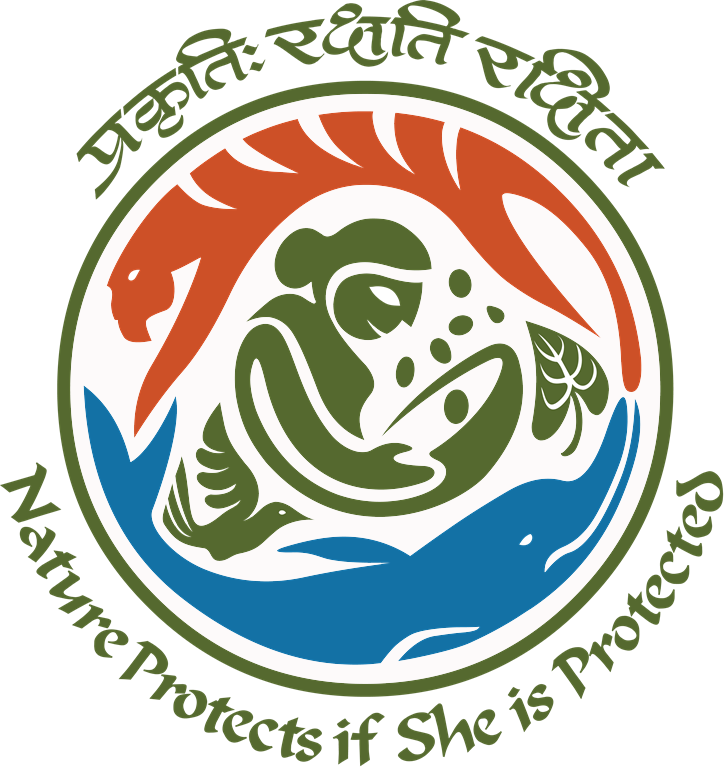India has provided for protection and improvement of the environment in its Constitution. Article 51-(g) of the Constitution says that it is the duty of every citizen of India to protect and improve the natural environment including forest, lakes, river and wildlife and to have compassion for living creatures. The constitutional provisions are implemented through environment protection laws of the country.
Environment is a concurrent subject thus allowing control of both the State Government and the Central Government on policies, regulations and action plans. In the recent past, the Honorable Supreme Court of India has ordered initiatives for protection of environment and prevention of pollution. This order can be passed based on Public Interest Litigation. The Environment Protection Act, 1986 empowers the Central Government to protect and improve the environment and prevent, control and abate environmental pollution.
- The Gazette of India Notification (ODS Rules, 2000) & its amendments
- The Ozone Depleting Substances (Regulation and Control) Amendment Rules, 2014
- GAZETTE NOTIFICATION, MINISTRY OF ENVIRONMENT, FOREST AND CLIMATE CHANGE, New Delhi, S.O. 4724(E), dated the 31st December, 2019
- Forms to download
- Schedules to download
India introduced the licensing system in 1996, based on recommendation of the Meeting of Parties at Geneva in 1995.
Trade in ODS with non-party countries has been banned. Enterprises receiving ODS phaseout grant are obliged to provide information on ODS consumption and achievement of ODS phaseout.Harmonized classification of commodity codes consistent with international system has been introduced.
India has implemented regulations relating to licensing of import and export of ODSs.All exports of CFCs for non-Article 5 countries shall the labeled “New Product CFCs”.The objectives of the licensing system are to regulate the import and export of ODS in accordance with the Montreal Protocol. The design and implementation of the licensing system relates to regulation of production, trade and consumption of controlled substances for implementation of provisions of the Montreal Protocol. The Ozone Cell and Directorate General for Foreign Trade (DGFT) are involved in the export/import licensing process. A license to export a specified quantity of CFC-11/CFC-12 is issued to each producer on request with reference to the limits set by the Protocol. The license is on a calendar-year basis.
All ODS under Annex A, Annex B and Group I of Annex C of the Montreal Protocol are covered by the import licensing system. Import is permitted only against an import license.In addition, to the controls on production of ODS, certain controls have been imposed on the export and import of products that contain Ozone Depleting Substances.
The Government of India in January, 1995 decided to fully exempt payment of Customs and Central Excise duties on capital goods required to implement ODS phaseout projects funded by the MLF. This benefit was later extended for all ODS phaseout projects and investment in non-ODS technology as a one-time support. For projects approved by the Multilateral Fund Secretariat, approval for duty exemption is directly given by the Ozone Cell, after drawing reference to the project. For projects approved by UNDP and UNIDO, procurement is done through UNOPS on the basis of its own standardized system for procuring equipment after availing duty exemption. For the World Bank projects, IDBI functions as the financial intermediary and based specific approval by Ozone Cell on duty exemption, imports are effected under the World Bank projects.
Guidelines and procedures have been prescribed for availing duty exemptions for goods required for new investments using non-ODS technologies. The projects submitted for availing these duty exemptions are reviewed and cleared by the TFSC after internal approval by Ozone Cell.TFSC then recommends the projects considered suitable for duty exemption to ESC, which approves the project for duty exemption. Based on ESC’s approval, Director of the Ozone Cell provides duty exemption certificate for projects based on non-ODS technologies. The Reserve Bank of India has issued a directive to all financial institutions / banks banning finance to new plants or for expansion using technologies to produce ODS or products using ODS.
Check list Click Here.Hydrocarbons including isobutane and cyclopentane are available as non-ODS alternatives for use in aerosols, foam-blowing and refrigeration sectors. Safe use of hydrocarbons is regulated by petroleum laws in India.The Petroleum Act, 1934 and Petroleum Rules, 1976 relate to handling of a variety of petroleum products. The latter also specifies licensing requirements for handling hydrocarbons. The Gas Cylinder Rules, 1981, addresses filling, possession, import and transport of cylinders.
Manufacture, Storage and import of Hazardous Chemicals Rules, 1989, specify responsibilities and reporting requirement of industrial activity using them. These rules are applicable to activities covered by the Liquefied Petroleum Gas (Regulation and Supply and Distribution) Order, 1993. This order provides details on possession, supply and consumption of liquefied petroleum gas. In addition to the above, laws at the level of the individual states also control possession, transport and use of hydrocarbons.



